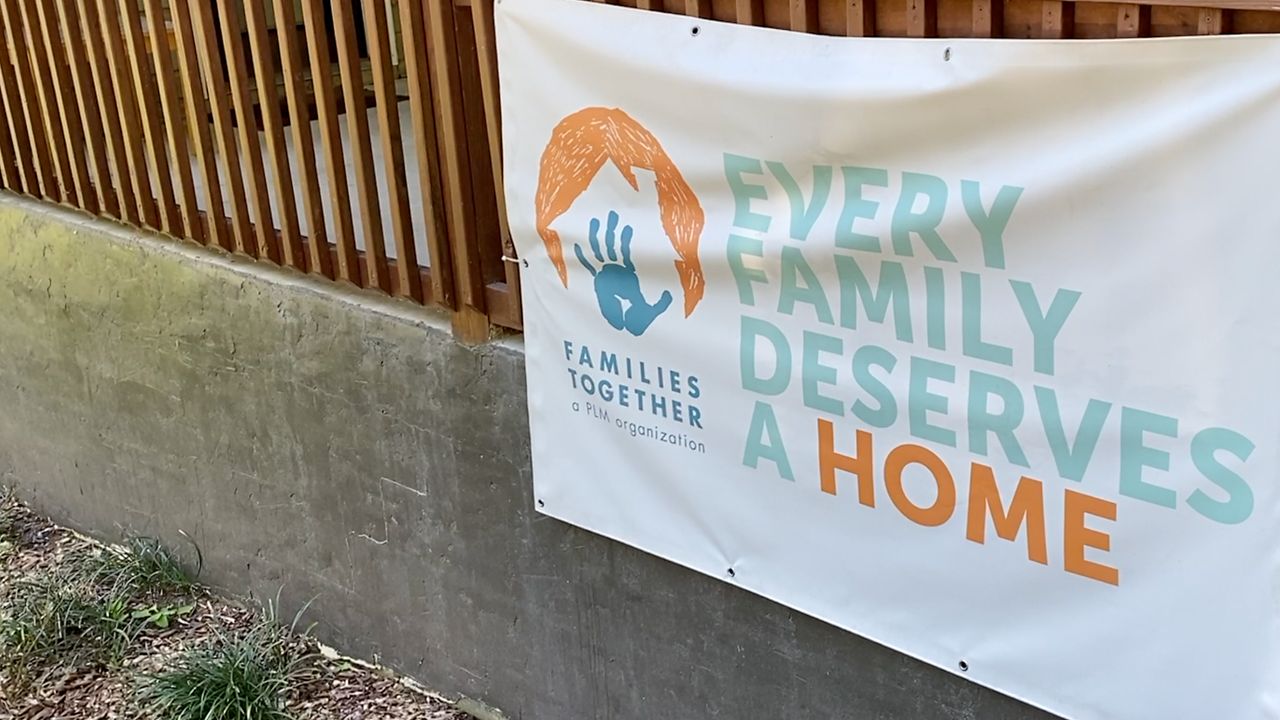WAKE COUNTY, N.C. — Foreclosures in Wake County are rising. Through the end of August there were 481.
It's a 425% increase in foreclosures from a year ago. But experts say the new report from ATTOM Data Solutions is not cause for panic, because during the pandemic a federally-mandated moratorium paused foreclosures.
What You Need To Know
Foreclosure rates in Wake County are up 425% in comparison with last year
Experts say it is not cause for concern, because during the pandemic a moratorium paused foreclosures
They say the larger issue is that people cannot afford to live where they grew up in North Carolina
Area nonprofit Families Together says it's seeing an increase in people in need of housing
Now with the mortgage moratorium lifted, foreclosure rates are returning to more typical numbers, and experts say there is a larger underlying problem
"We have families whose kids grew up in North Carolina, and they cannot afford living here anymore in the communities where they grew up," UNC Chapel Hill professor Roberto Quercia said. "There is something in there. We still haven't cracked that nut. We haven't been able to address it."
And area nonprofits are echoing that concern and seeing a lot of people in need of housing.
The nonprofit Families Together has housed around 50 families experiencing homelessness this year.
Its rehousing manager, Karen Lassiter, says that mission is becoming a lot harder as rent prices continue to increase.
"When I started working with Families Together six and a half years ago, we were housing families in two-bedroom townhouses for $650," Lassiter said. "Now the average rent is $1,300 a month, and that’s on the lower end.”

Lassiter says to qualify for housing, families need to have a decent credit score and their monthly salaries need to be at least three times the rent price. It's a difficult task, as some folks lost their jobs during the pandemic and some lost even more.
"Some had to make choices of keeping transportation, some families broke up where in the beginning of the pandemic it was a two-parent household, now it’s a one part household," Lassiter said.
In August, Families Together helped find six families housing. But it still has a lot folks on a waiting list, because while so many families are in need, there’s not enough places to put them.
"The number of children that are in the school system ... they do not have a place to live. They are being raised coming home from the hospitals into shelters," Lassiter said. "We are finding more and more people living on the streets. (And) people who are moving to this area because they hear it’s a booming area. But yet when they get here, they find no housing.”
Lassiter said Families Together is now trying to find more landlords and properties who are willing to accept section eight housing vouchers, so they can give more folks a place to call home.
